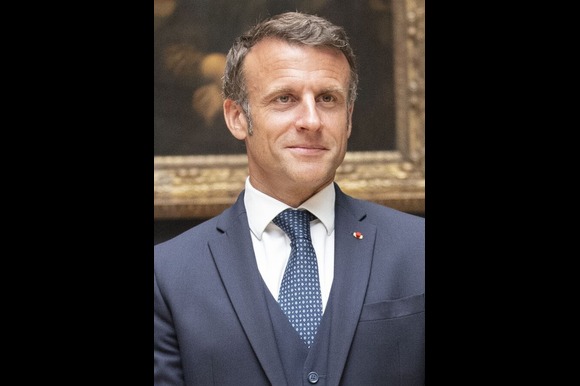France has staunchly defended its decision to recognise Palestinian statehood despite a wave of criticism from both international allies and domestic political factions, insisting the move supports peace and counters extremism.
On Thursday, President Emmanuel Macron announced that France would officially recognise the State of Palestine during a United Nations meeting in September, positioning France as the most influential European nation to make such a declaration. The decision has provoked sharp criticism, particularly from Israel and the United States, with opponents accusing France of emboldening militant groups.
Israel condemned the announcement, claiming it “rewards terror”, while US Secretary of State Marco Rubio described it as “reckless” and accused France of promoting Hamas propaganda. Meanwhile, US Ambassador to Israel Mike Huckabee took a sarcastic jab at the French president, posting on X: “I can now exclusively disclose that France will offer the French Riviera & the new nation will be called ‘Franc-en-Stine’,” suggesting Macron had failed to clarify where a Palestinian state would be established.
Hamas welcomed the French initiative, calling it “a positive step in the right direction toward doing justice to our oppressed Palestinian people”. However, French Foreign Minister Jean-Noel Barrot countered that narrative, stressing that the move directly contradicts the goals of Hamas.
“Hamas has always rejected the two-state solution. France’s recognition of Palestine is in opposition to that terrorist organisation,” Barrot said in a post on X. “With this decision, France stands on the side of peace, not war.”
The announcement also sparked fierce debate across France’s domestic political spectrum, with left-wing figures praising the move, the right condemning it, and some members of Macron’s own administration opting for silence.
Jordan Bardella, leader of the far-right National Rally (RN), criticised the decision as “rushed” and warned that it grants Hamas “unexpected institutional and international legitimacy”. In contrast, Jean-Luc Mélenchon, head of the far-left France Unbowed party, hailed it as “a moral victory”, though he lamented the delay in implementation.
Interior Minister Bruno Retailleau, a prominent right-wing figure known for his strained ties with Macron, declined to comment, stating he was preoccupied with a separate “serious topic” concerning the safety of French citizens vacationing abroad.
Xavier Bellamy, vice president of the conservative Les Républicains party, denounced the recognition as either “counter-productive” or “pointless”. He warned that the move could endanger both Israeli civilians and Palestinians “who are victims of Hamas’s barbarism”.
Bellamy also accused Macron of abandoning his previously stated prerequisites for recognising Palestinian statehood. These included the demilitarisation of Hamas, the group’s exclusion from future Palestinian governance, the release of all Israeli hostages held in Gaza, and the formal recognition of Israel by multiple Arab nations.
“None of these conditions have been fulfilled,” Bellamy said.
France’s decision places it among a growing number of nations that have moved to recognise Palestinian statehood following the resurgence of conflict in Gaza. Norway, Spain, Ireland, and Slovenia have all issued recognition recently, joining a host of non-European countries in doing so.
British Prime Minister Keir Starmer also indicated support for recognition, saying on Friday that he would hold talks with leaders in France and Germany to discuss ending hostilities. He stated that a ceasefire could “put us on a path to the recognition of a Palestinian state”.
Once France follows through with its formal recognition, at least 142 countries will have acknowledged Palestinian statehood, marking a significant milestone in the decades-long struggle for Palestinian self-determination.






